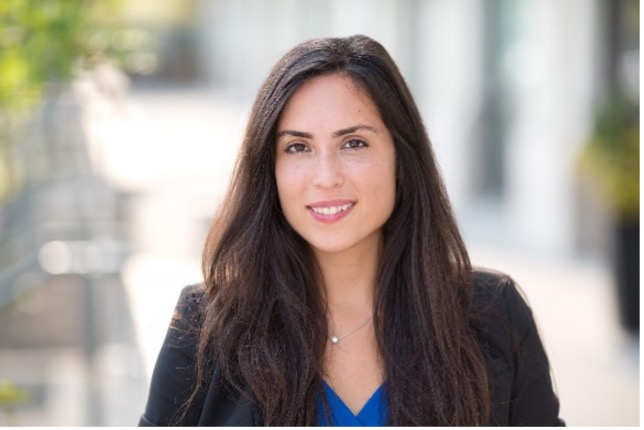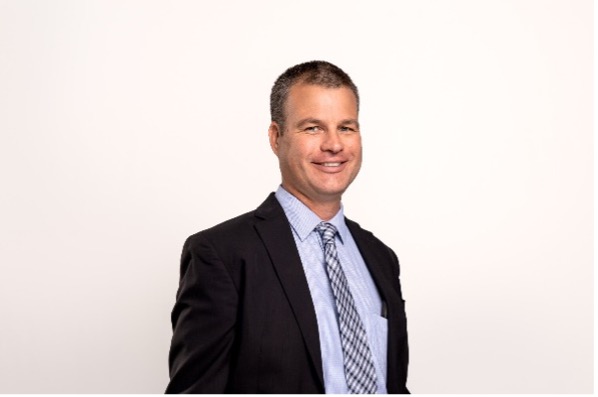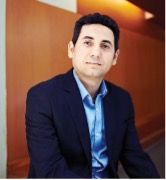Researchers from across Lassonde departments are demonstrating collective research efforts aimed towards creating a healthier planet across areas including smart materials, renewable energy, climate change, and water and sustainability.
Kamelia Atefi-Monfared, assistant professor – Department of Civil Engineering
Focusing on geomechanics, Atefi-Monfared is working to improve understanding of coupled processes in porous media, such as soils and geological reservoirs, including geothermal reservoirs. Her research establishes fundamental knowledge used to tackle global challenges involving energy, water and climate change through various projects.

Specifically, Atefi-Monfared is applying her research to the advanced development and design of models for environmentally friendly ground improvement techniques, resilient infrastructure and sustainable production/storage of energy and water. One of her current projects involves the development of a novel framework to stabilize mine tailings and gravel roads using microbial-induced carbonate precipitation (MICP) – an eco-friendly technique for ground improvement that uses bacteria to produce bio-cement.
This work helps solve the problem of chemical and cement-based grouting materials that emit carbon dioxide and contaminate soil and groundwater.
Paul O’Brien, associate professor – Department of Mechanical Engineering
O’Brien leads research on the design, fabrication and application of materials that control, absorb and harvest electromagnetic radiation. These materials are used to develop and advance sustainable technologies, such as solar energy storage systems for the electrification of buildings.

Through the development and improvement of sustainable technologies, O’Brien aims to contribute to the decarbonization of the building sector, which accounts for one-third of global energy consumption and almost 40 per cent of carbon dioxide emissions. Through assessment and evaluation, his work also explores how energy systems and processes can be used to advance the United Nations Sustainable Development Goals (UN SDGs).
O’Brien’s research team is currently working on numerous projects, including the development of optical cavities to improve the performance of thermophotovoltaic systems, which convert radiant energy from heat sources to electric power.
Hany E. F. Farag, associate professor – Department of Electrical Engineering and Computer Science
As a visionary leader in smart and sustainable energy, Farag has worked on countless projects that address Canada’s urgent need for clean and sustainable energy and transportation systems. Specifically, Farag develops modelling and control techniques to support the integration of low-carbon solutions into energy and transportation sectors.

These low-carbon solutions include the production of renewable hydrogen, electrification of transportation and improvement of distributed energy resource (DER) capacity.
In a notable partnership with Independent Electricity System Operator (IESO), Alectra inc., Metrolinx and the Canadian Urban Transit Research and Innovation Consortium (CURTIC), Farag was the first researcher to investigate the integration of electrified bus fleets into power grids in Canada, resulting in research findings that influenced company policies and provided planning tools.
Mark Gordon, associate professor – Department of Earth and Space Science and Engineering
Gordon focuses his research on understanding what happens to pollutants after they are released into the atmosphere from different emission sources. This research produces information about the activity of pollutants, which can be used in climate and air quality models to improve the representation of real-world environments.

These models help stakeholder companies make informed decisions about the environment, such as implementing design strategies to reduce air pollution from a newly built highway.
Examples of Gordon’s research include the investigation and measurement of greenhouse gas emissions from traffic in urban areas, as well as the deposition rate of pollutants from oil sands and production facilities to the Boreal Forest in Northern Alberta.


